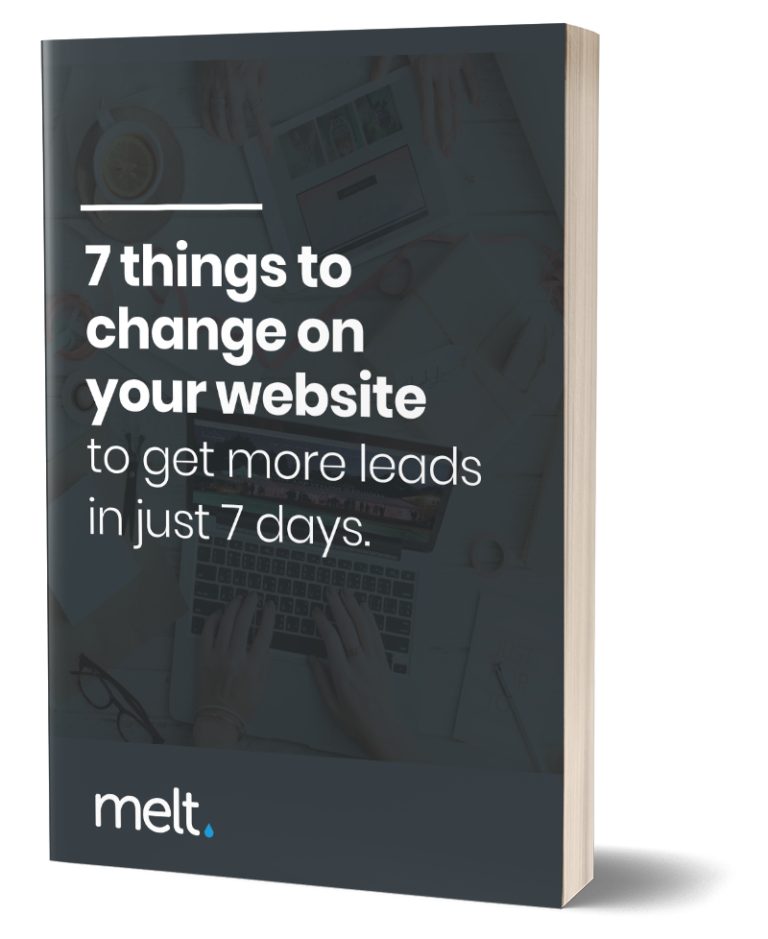Want more leads for your business? Then you need to get more traffic to your website. Unless you’ve been doing business under a rock, you probably know how vital search engine optimisation (SEO) is to bring in leads.
If your goal is to drive more organic traffic to your website, target traffic that is already interested in what you’re offering and increase your chances of conversion by building trust, then SEO is the best tool at your disposal.
But there’s a big problem with SEO.
Most people are failing to do their research before jumping headfirst into paid SEO services.
Usually, it’s because there are common misconceptions around search engine optimisation that can put you at a disadvantage.
But when you know the truth about how it all works and what to expect, you can really start to make SEO work for you.
Here are the 5 common misconceptions about SEO that could be holding you back.
1. Throwing Money At It Will Make You Rank Higher
It just isn’t true. And that should be good news! If the only way to make SEO work was to throw wads of cash at it, then SEO would only work for big companies that could afford to invest tons of money every month.

Discover where your website is holding you back with a free, personalized audit report. Uncover what's keeping your site from reaching its full potential and start taking action today!
Luckily, that isn’t how it works. It might surprise you to know that SEO is budget-friendly for the most part, because of how much organic and ongoing passive traffic you can receive.
Instead of pouring money into SEO services, make sure your copy is solid. It should be targeted to your ideal buyer, easy to read and be a key opportunity for you to build a relationship with potential leads.
One of the first steps you can take for your website is to ensure your pages are SEO optimised. This means optimising content relevance, the popularity of any links you use and even the way your pages are configured.
2. PPC Helps Rankings
Pay-per-click (PPC) is a marketing method where you pay for your webpage to appear higher on search listings i.e. on Google or Bing search engines.
In theory, this may sound like a convenient way to get more website visits, but honestly, it doesn’t.
Google uses a separate ranking system for PPC and natural search results, which means you’re not improving your natural ranking. As soon as you stop paying for those ads, your website listing will drop back down to its organic rank placement.
PPC might not work for your specific target audience either, as some people intentionally avoid search results that are ads.
3. You Should Cram All Your Keywords Into Your URL
This is a biggie. It has gotten easier to create a DIY website and choose your own URL, which has paved the way for some amateur tactics. If your URL looks anything like ‘cheapreliablebusinesssupportforstartups’ then you’re putting your effort into the wrong place.
Keywords in a URL are only a minor help when it comes to being found by your target browsers.
You’re better off including them naturally in your content, as that’s what search engines like Google value. Natural, high-quality content that is purposeful and useful to your audience is Google’s ranking bread and butter.
So don’t cram, spread it out and keep your content natural.
4. You Only Need To Optimise Your Copy Once
This misconception does a lot of harm to businesses that think they’re doing everything right, but then they don’t see the results.
You may go through the pages of your website and optimise every aspect and start to get the ranking and traffic you want… but then things might start to slow down.
You actually need to keep checking what ranks and what doesn’t – it may change over time.
What worked for you last year or last month may not be working this year, and that’s because search engines are always changing the way they decide what ranks the highest and receives the most web traffic.
5. Big Brands And Competitors Will Always Outrank You
Feel like you’ve got no chance against the big guys?
While search engine ranking is heavily biased in favour of the big brands, it is still possible for the little guys to start getting traction and seeing results.
The more highly targeted your SEO is, the better if you’re a small business. A bigger local presence will work in your favour too, as well as long-tail keyword (longer phrases that use keywords) targeting. Putting all of these together, you can be the more relevant search result, as bigger brands often have to go for a more general approach.
What’s Next For Your SEO?
So now you’re feeling confident that SEO can help your website get the visitors it deserves from the people who will find the most value in your product or service. What do you do next?
Start from the beginning – do your research on which SEO tools and methods will be the most useful for your unique website. And avoid falling into these misconceptions that might hold you back.
If you’re ready to get your website up and running and ranking like mad – Talk to us about the first steps here.

